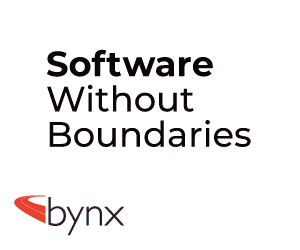
Large companies with fleets should not rely on outsourcing the management of their vehicles – if they are to navigate the ever-evolving automotive landscape properly. That’s according to Lorna McAtear, Deputy Chair of the Association of Fleet Professionals, writing in Cox Automotive’s Insight Quarterly.
She said: “Fleet management gets more complicated daily; therefore, those running fleets without a fleet manager struggle even more. Gone are the days of outsourcing to a company to do the basics for you. If an organisation wants to save money, remain compliant, and be prepared for the future, it can do no wrong in employing a dedicated fleet manager.”
She added that industry players and the government are not moving fast enough in the current transition to alternative fuels.
“Transitioning from early adopters to mass market means that much more must happen quickly,” she said. “The time for doing so is now. We will ultimately fail unless we push ourselves to step outside our comfort zones to change, grow and transform. Waiting it out isn’t an option.”
Cox Automotive’s Insight Director Philip Nothard thinks the role of a fleet manager is undoubtedly changing.
He said: “Fleets remain crucial to the future growth of the industry as a whole, and addressing the issues that lie in that area is key to ensuring a smoother transition to a more sustainable future.”
According to Lorna, a whole raft of measures will be needed in the coming years to lubricate the change that’s already happening.
“Everything from better labelling of vehicles (WLTP in all seasons and AC/DC up-to charging speeds); simplifying regulations around vehicle weights, MOTs and licence categories.”
She adds that greater support is needed for EV sales, Benefit in Kind rules and much more besides.
“None of these appear to be included in the political party manifestos I’ve seen. And they don’t touch on vans, HGVs, niche vehicles or hydrogen-powered vehicles.”
In addition to the needed governmental support, OEMs should be making more significant strides to make operationally efficient vehicles if they want fleets to purchase greater numbers of alternatively fuelled fleet units. Lorna says she has been made aware of 12v battery issues being experienced by many fleets.
She said: “On a positive note, a few OEMs have remained proactive in this space despite the pandemic, and some that fell short have started engaging and promising to improve things and address the challenges fleets have. And, of course, many new Chinese manufacturers are entering the field of play and asking fleets, ‘How can we help you?’.”
Philip Nothard concluded: “The central role of fleets in automotive registrations can’t be denied. That’s why any new government should listen to and act on what sector leaders are saying. That is especially true when it comes to the many issues around charging infrastructure.”
Read Lorna’s full article from Cox Automotive’s Insight Quarterly here.









